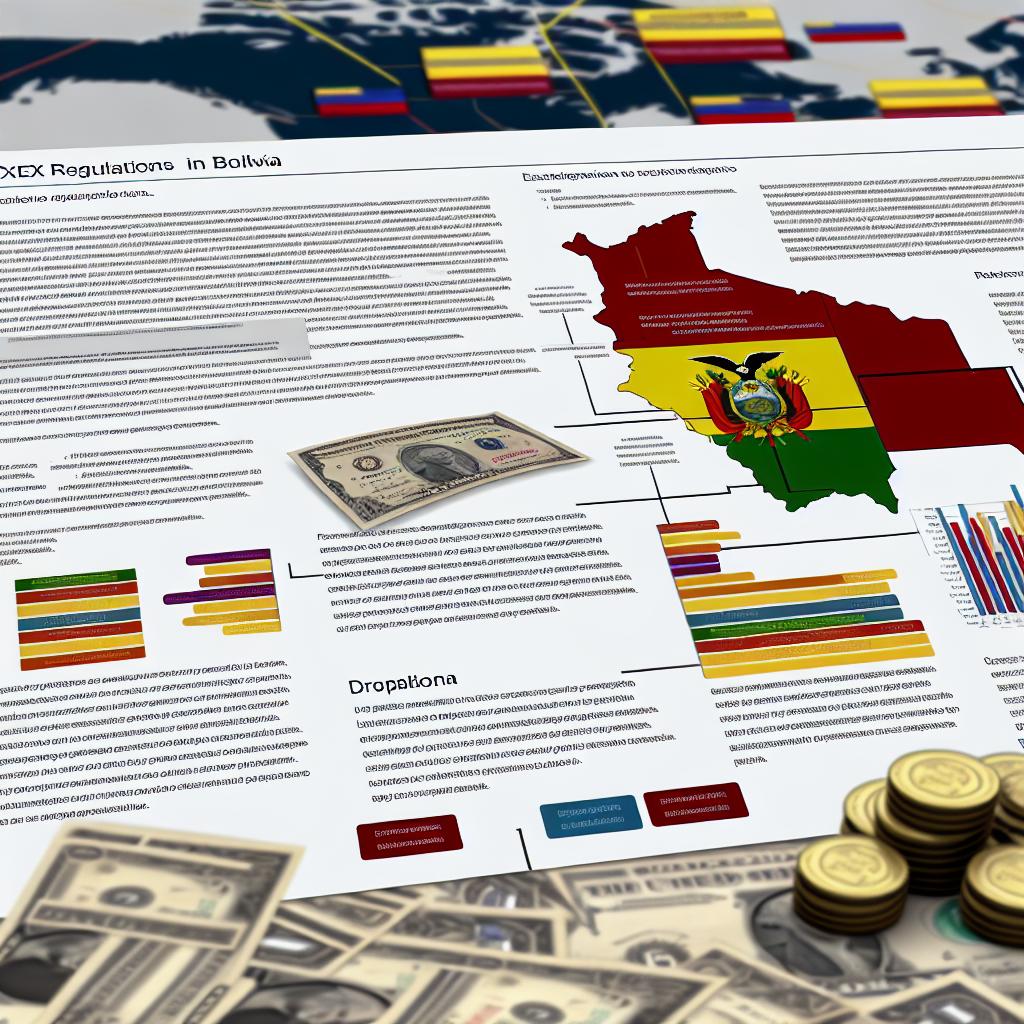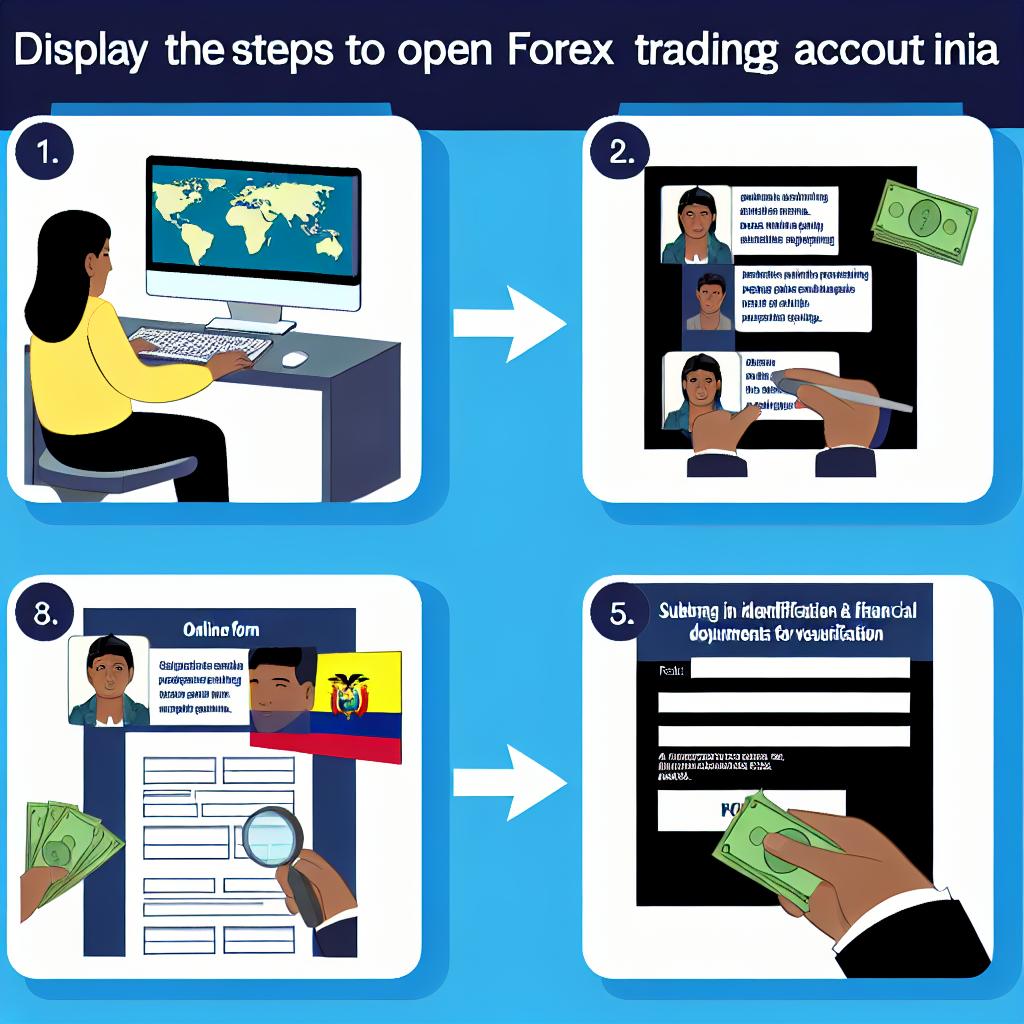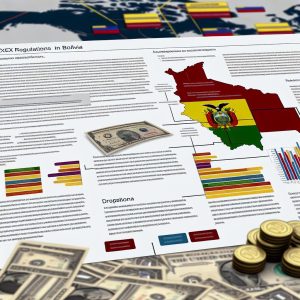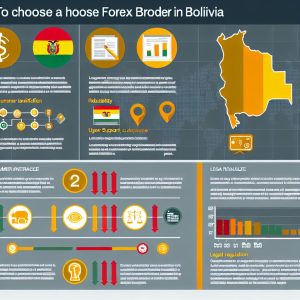Forex Regulations in Bolivia: What You Should Know
Understanding Forex Regulations in Bolivia




Forex trading, often referred to as foreign exchange trading, involves the exchange of foreign currencies and is an integral part of global financial markets. This form of trading is prevalent due to the significant trading volume that maintains high liquidity and offers potential profit opportunities to traders worldwide. In Bolivia, forex trading is subject to specific regulations designed to ensure that all trading activities promote financial stability and maintain market integrity. For individuals seeking to delve into forex trading in Bolivia, a comprehensive understanding of the regulatory framework is essential.
Regulatory Authority
Forex activities in Bolivia are overseen by the Autoridad de Supervisión del Sistema Financiero (ASFI), which functions as the main financial regulatory body in the country. The ASFI’s mission is to supervise and regulate financial activities, providing a stable and secure financial system that offers protection to consumer participants. Given the volatile nature of forex markets, ASFI plays a crucial role in safeguarding the financial ecosystem from potential malpractices and ensuring compliance with established rules and regulations.
Licensing Requirements
To conduct forex trading services legally within Bolivia, brokerage firms are required to obtain a license from the ASFI. The licensing procedure entails thorough vetting to ensure only responsible and proficient entities are permitted to offer trading services. Brokers must comply with stringent standards that encompass maintaining sufficient capital reserves, practicing transparency in business operations, and demonstrating proficient financial management. This stringent licensing requirement aims to prevent financial misconduct and protect traders’ interests by engaging only with trustworthy brokers.
Currency Control Policies
Bolivia has implemented various currency control measures that significantly influence forex trading within its borders. The Bolivian Central Bank is integral in this process, meticulously managing foreign exchange reserves, and leveraging monetary policies to control currency valuation. Forex traders in Bolivia need to have a deep understanding of these currency control practices, as they directly affect both the availability of foreign currencies and the fluctuations in market rates. A grasp of these policies enables traders to develop informed trading strategies that accommodate potential market volatility.
Investment Risk Management
Participation in the forex market inherently carries investment risks, and a sound comprehension of these risks is critical for any trader. Bolivia’s regulatory framework mandates that brokers deliver transparent and thorough information regarding possible risks to their clients. This educational requirement emphasizes the prominent risks associated with leverage, market volatility, and other influential factors that might substantially impact an investor’s portfolio. By ensuring traders are informed, the regulatory system aims to reduce uninformed trading decisions, thereby enhancing market stability.
Consumer Protections
Bolivian regulations are stringently designed to safeguard consumers from fraudulent practices and financial misconduct within the forex markets. The ASFI implements regulations that mandate transparent fee structures, ensuring that charges and costs related to trading activities are clear to traders from inception. Additionally, reliable trade execution and well-established mechanisms for addressing broker-related grievances are mandatory, thereby fostering consumer confidence and upholding regulatory integrity in the market.
Conclusion
Bolivia’s forex regulations are meticulously devised to sustain market integrity while offering adequate protection to investors. Whether one is a prospective investor or a broker endeavoring to establish operations within Bolivia, understanding the fundamental aspects such as the role of ASFI, licensing requirements, currency controls, investment risk management, and consumer protection measures is imperative for successful market participation. Complying with these regulations not only contributes to a stable trading environment, but also instills confidence among participants, ensuring the market remains robust and reliable. Such regulatory frameworks are necessary components that effectively harmonize participant interests with broader financial system stability, thereby nurturing an environment conducive to sustainable economic growth.
This article was last updated on: April 14, 2025












